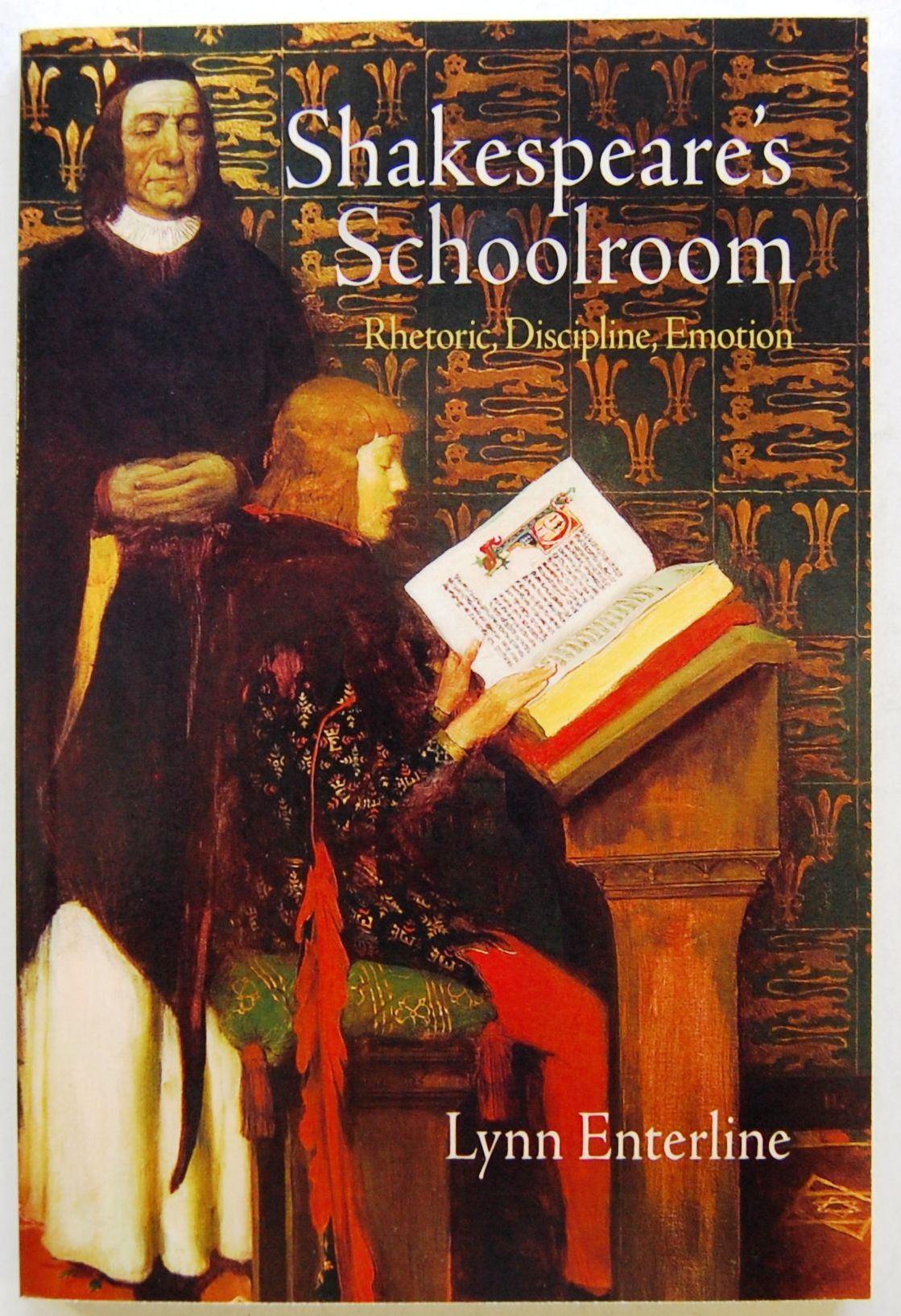

Most ebook files are in PDF format, so you can easily read them using various software such as Foxit Reader or directly on the Google Chrome browser.
Some ebook files are released by publishers in other formats such as .awz, .mobi, .epub, .fb2, etc. You may need to install specific software to read these formats on mobile/PC, such as Calibre.
Please read the tutorial at this link: https://ebookbell.com/faq
We offer FREE conversion to the popular formats you request; however, this may take some time. Therefore, right after payment, please email us, and we will try to provide the service as quickly as possible.
For some exceptional file formats or broken links (if any), please refrain from opening any disputes. Instead, email us first, and we will try to assist within a maximum of 6 hours.
EbookBell Team

4.4
72 reviewsShakespeare's Schoolroom places moments of considerable emotional power in Shakespeare's poetry—portraits of what his contemporaries called "the passions"—alongside the discursive and material practices of sixteenth-century English pedagogy. Humanist training in Latin grammar and rhetorical facility was designed to intervene in social reproduction, to sort out which differences between bodies (male and female) and groups (aristocrats, the middling sort, and those below) were necessary to producing proper English "gentlemen." But the method adopted by Lynn Enterline in this book uncovers a rather different story from the one schoolmasters invented to promote the social efficacy of their pedagogical innovations. Beginning with the observation that Shakespeare frequently reengaged school techniques through the voices of those it excluded (particularly women), Enterline shows that when his portraits of "love" and "woe" betray their institutional origins, they reveal both the cost of a Latin education as well as the contradictory conditions of genteel masculinity in sixteenth-century Britain.